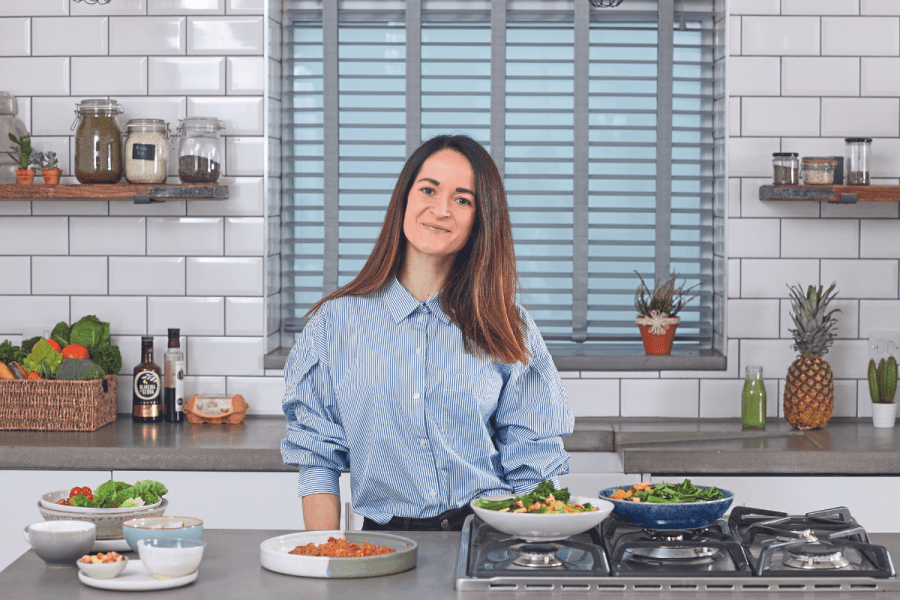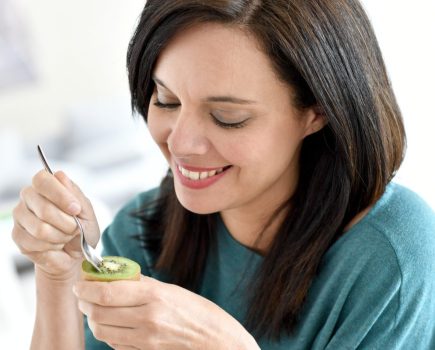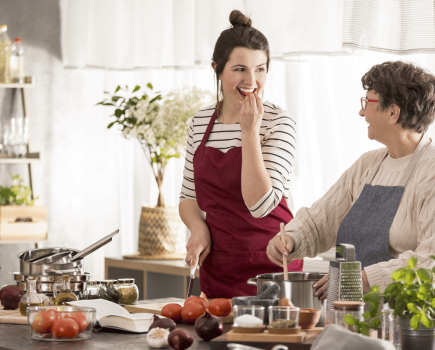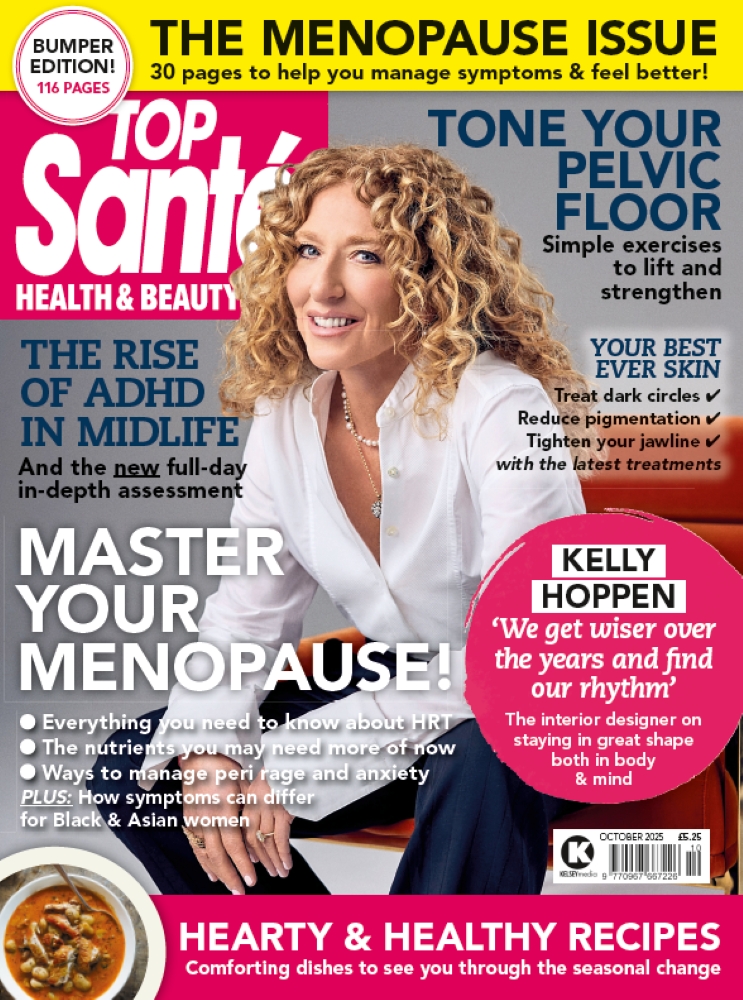Discover how to fight ageing, stay energised, and feel great as you get older with these simple food swaps and hacks from registered Nutritionist Eva Humphries.
For many of us, it’s a neverending quest to stay healthy and energised throughout the day, especially as we get older.
In a 2001 study by researchers at Yale University, participants reported that fatigue is the leading reason for restricted activity in people aged 70 and over. Studies have linked fatigue with lower mobility, muscle weakness and loss, and a decreased ability to perform daily tasks.
But did you know you can increase your health and energy as you age with just a few easy food swaps? Read on to see Eva’s 9 food tips to fight ageing.
1. Eat fermented foods
Your gut microbiome is super important to overall health. Gut microbes take the food you cannot digest, such as some forms of plant fibre, and turns it into short-chain fatty acids, which nourish your gut lining. Fermented foods contain more of these beneficial bacteria, so adding in foods such as sauerkraut, kimchi and kefir may be a great way to support your gut microbiome.
2. Try something new
The vast majority of us are stuck in a repertoire of eating the same foods, which may narrow the quantity of nutrients we obtain. Changing things up a little may mean we get additional nutrients or extra bioactive compounds. Trying new recipes or introducing new flavours is a great way to capitalise on feel-good nutrients.
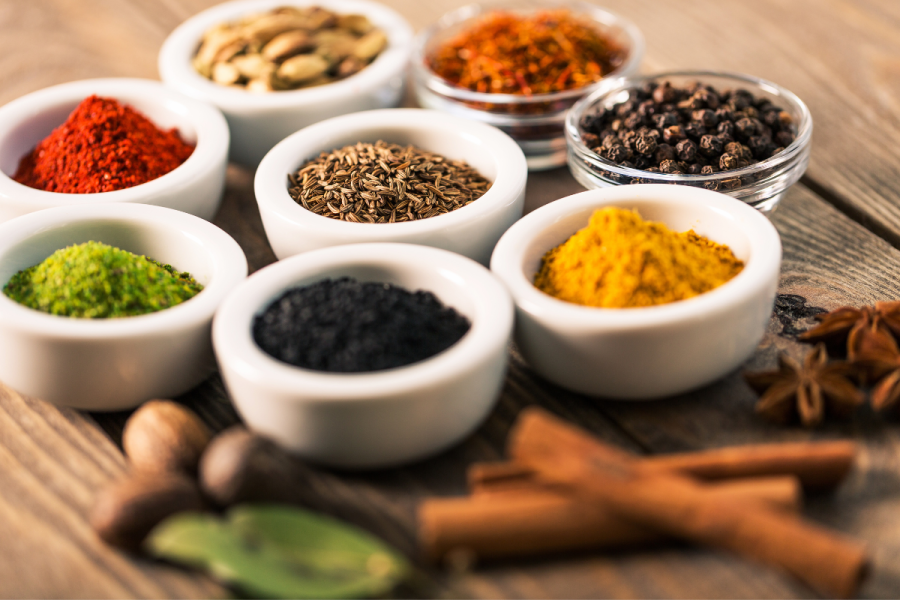
3. Use spices
Turmeric is good for your joints, thanks to the bioactive compound curcumin present within the spice. Bioactive compounds are substances within plants that may confer a health benefit. Curcumin is associated with reduced inflammation of joints hence why it’s found in lots of joint supplements. Garlic, fresh herbs and other spices are also loaded with a range of bioactive compounds.
4. Snack less
Snacking frequently may take away from eating balanced meals. Filling up on snacks rather than main meals may reduce your overall nutrient intake as many snack choices are often not the best, so snacking less and focusing more on nourishing meals will be a better way forward.
5. Stay hydrated
Dehydration is among the most common causes of fatigue and food cravings, so it pays to get a few more glasses of water in per day. Drinking more caffeine-free fluids such as herbal teas also helps as you get older, since your total body water percentage declines after age 60. See page 15 of our March issue for some great water bottle inspiration!
6. Eat whole foods
You’ve likely heard of the Mediterranean diet as the hallmark of healthy eating as it’s associated with optimum heart health and improved cognition. A Mediterranean diet mainly comprises beans, pulses, fish, vegetables and other whole foods.
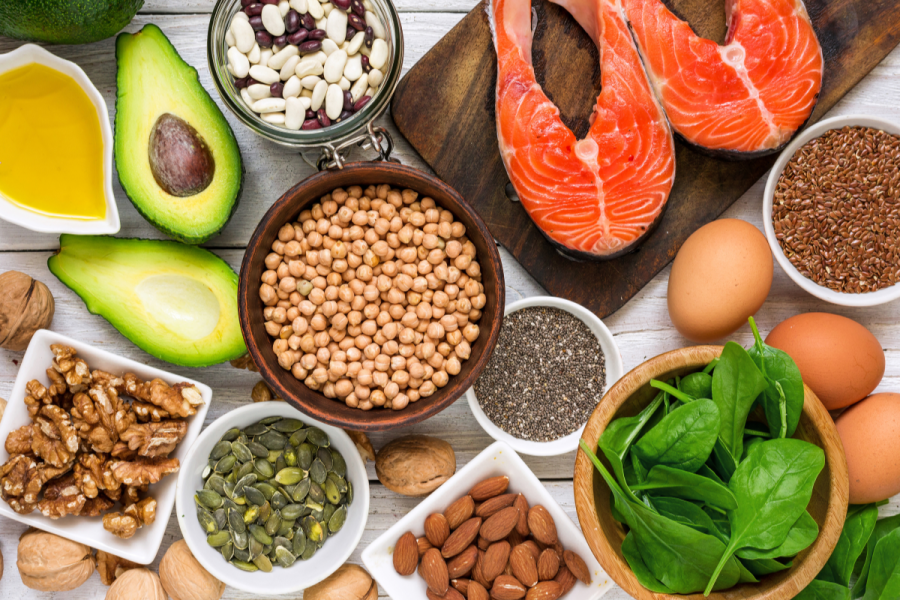
7. Consume omega-3s
Your body is very efficient at manufacturing fat from almost anything you eat. However, there is a type of polyunsaturated fat, called omega-3 fatty acids, that your body can’t make. These fats play a supporting role in many processes, including those associated with hormone, brain and heart health. Emerging research suggests omega-3s may be especially useful for cognition and preserving muscle as you age. Abundant sources of omega-3 include oily fish (sardines, mackerel, trout and wild salmon), mussels, and plant-based foods such as walnuts, hemp and chia seeds.
8. Eat more veg
Good nutrition is about adding in more nutrients, not just about cutting out “bad foods”. Aiming to make half of your plate a variety of vegetables will contribute more nutrients. Vegetables add a plethora of helpful vitamins, minerals, fibre and other nutrients that keep you healthy. Fibre is especially important so include both soluble fibre (oats) and insoluble fibre (the fibrous parts of leafy greens) to keep your colon healthy.
9. Avoid junk
While it might not be possible to avoid all processed foods, reducing them is important. The latest research into ultra-processed foods suggests they make you hungrier, meaning you are more likely to snack. They also contain chemical-laden ingredients that may wreak havoc on your gut microbiome. Some simple swaps include switching from long-life bread to a natural sourdough, or swapping sugary cereals for porridge or homemade granola.
BANT registered nutritionist Eva Humphries (shown in main image) lends her expertise to the residents of Kyn, a group of exquisite, luxury care homes in and around London. Find out more at kyn.co.uk.

